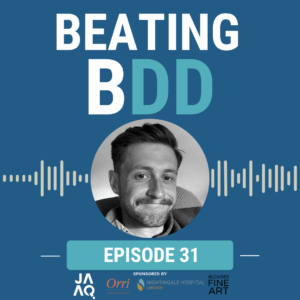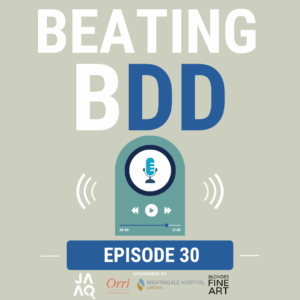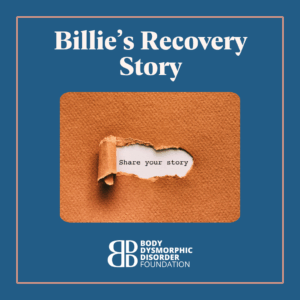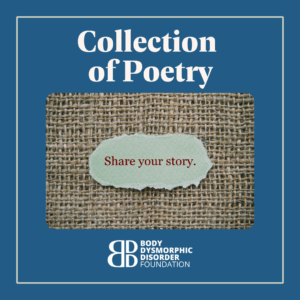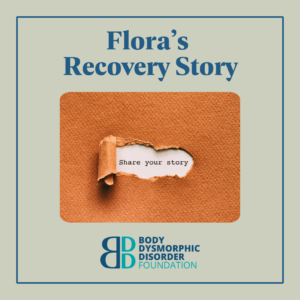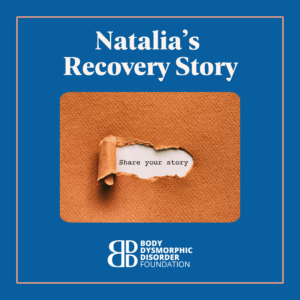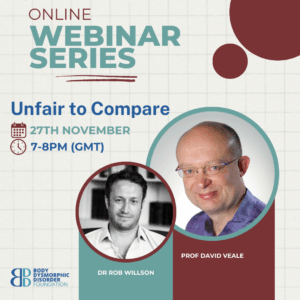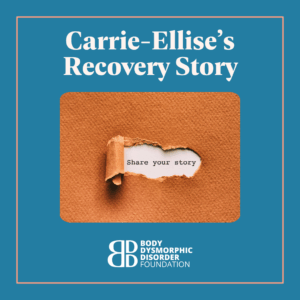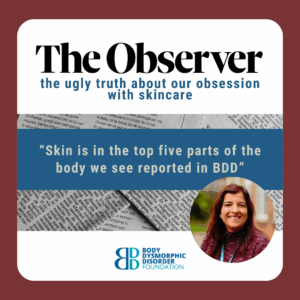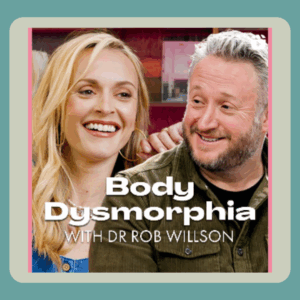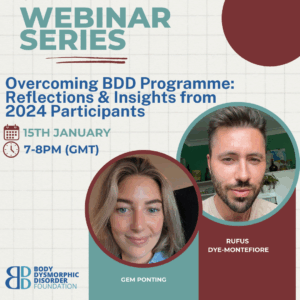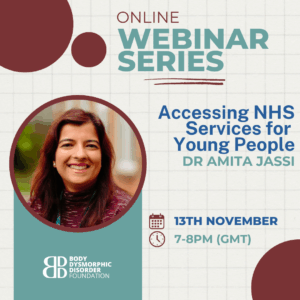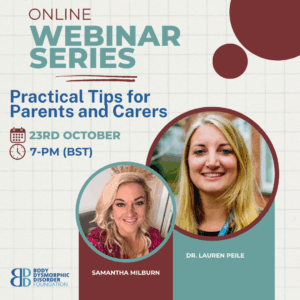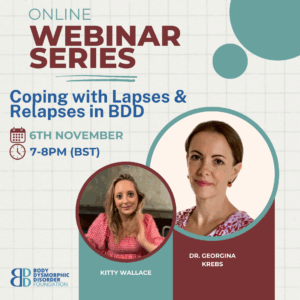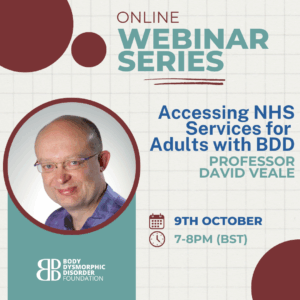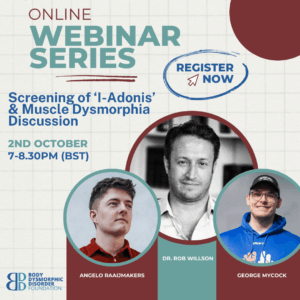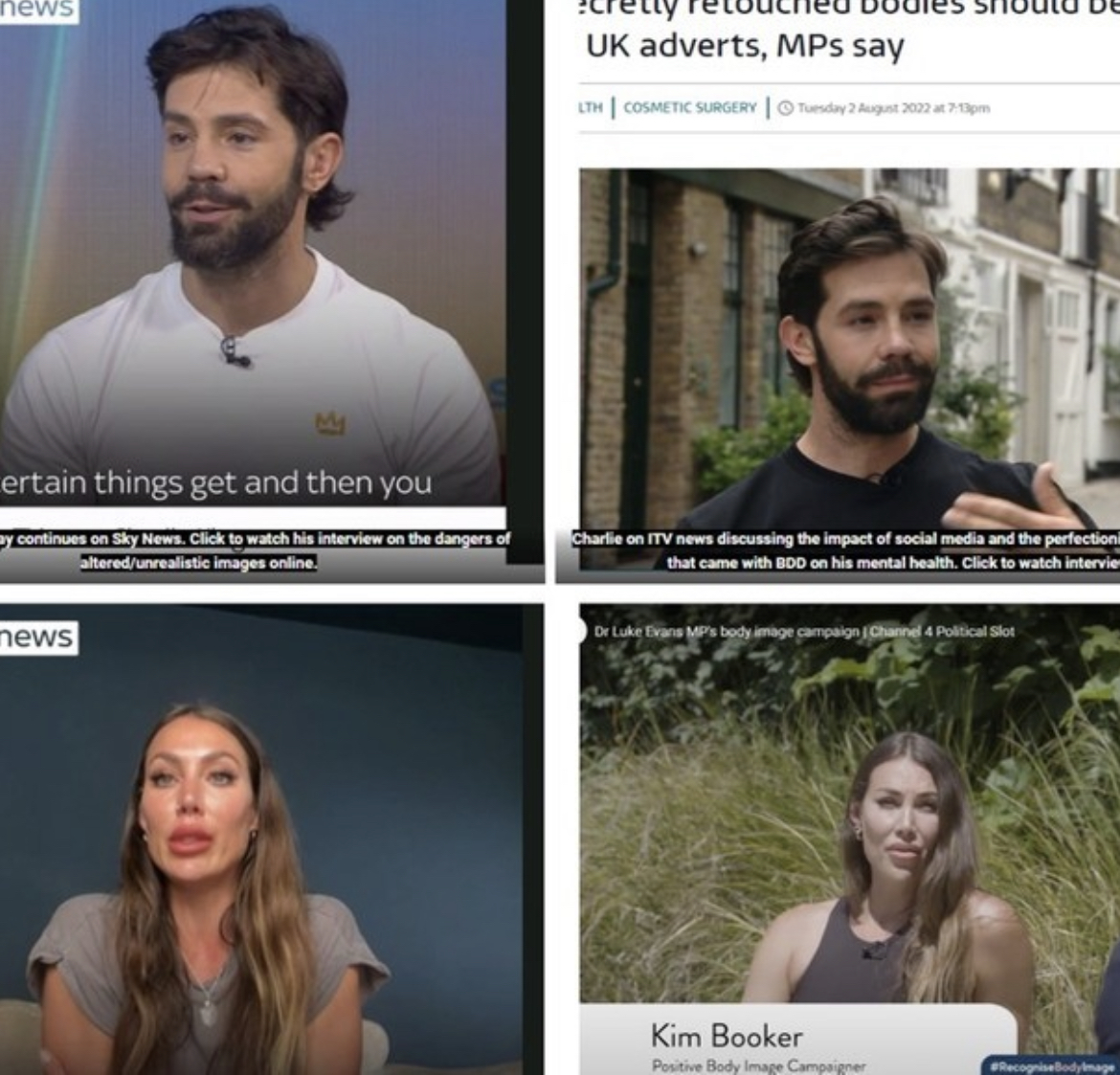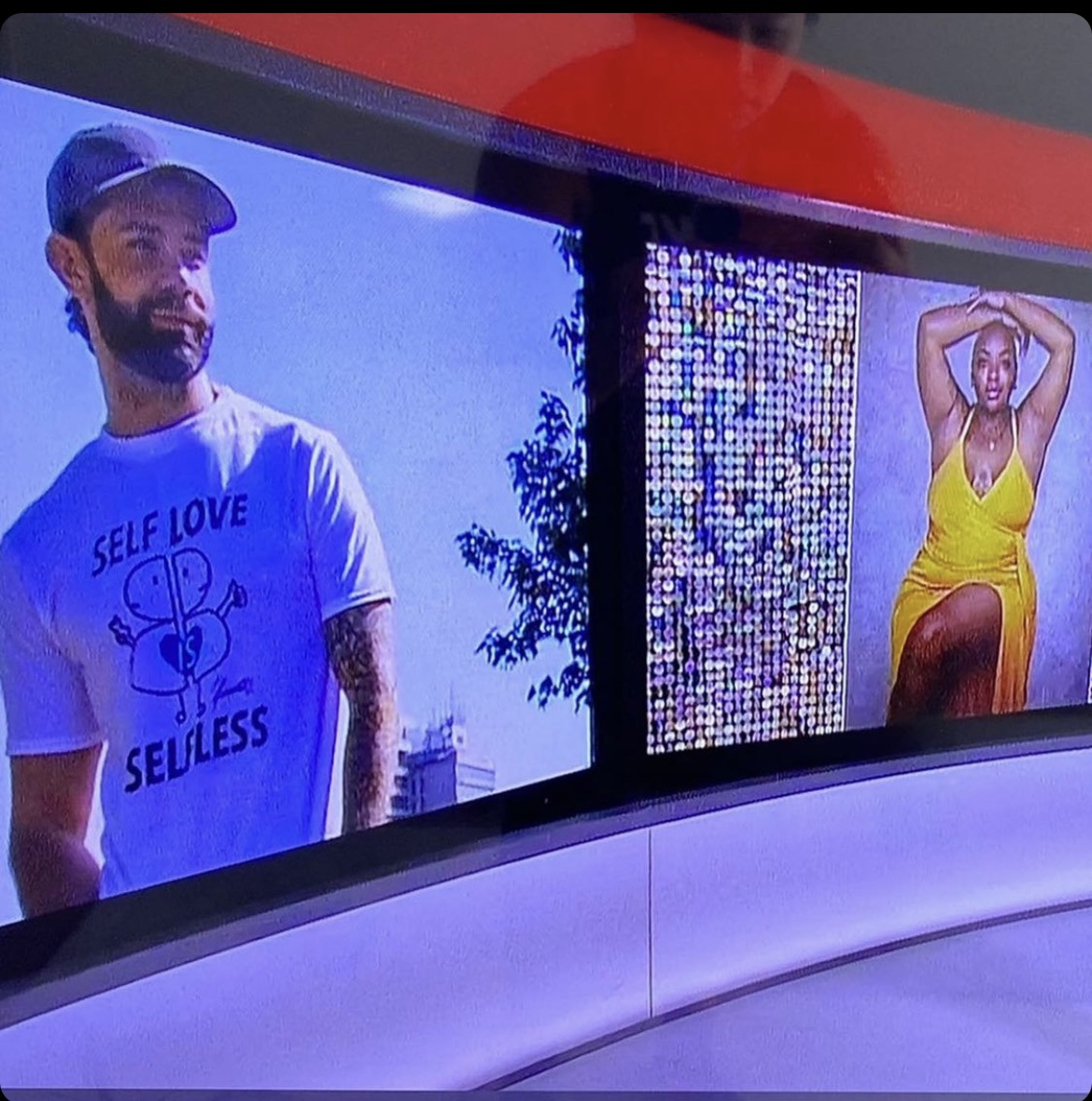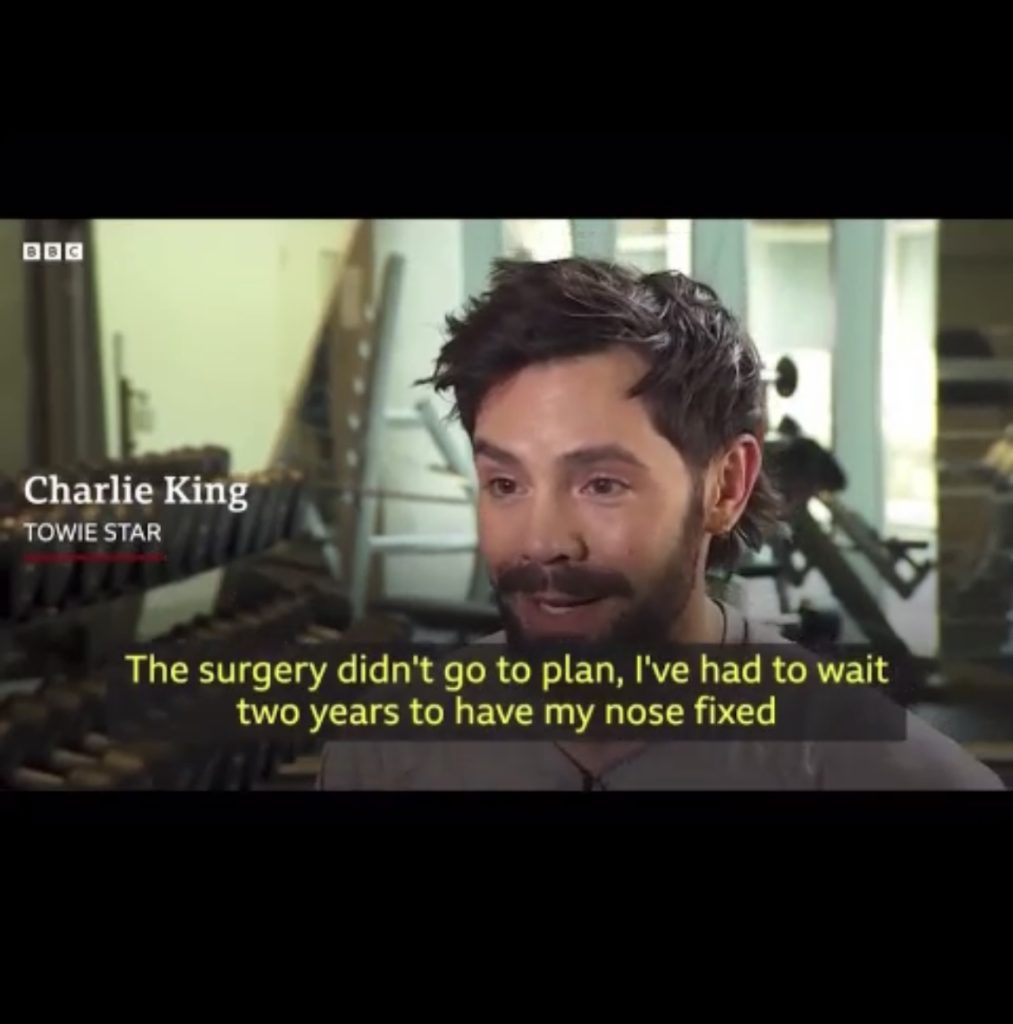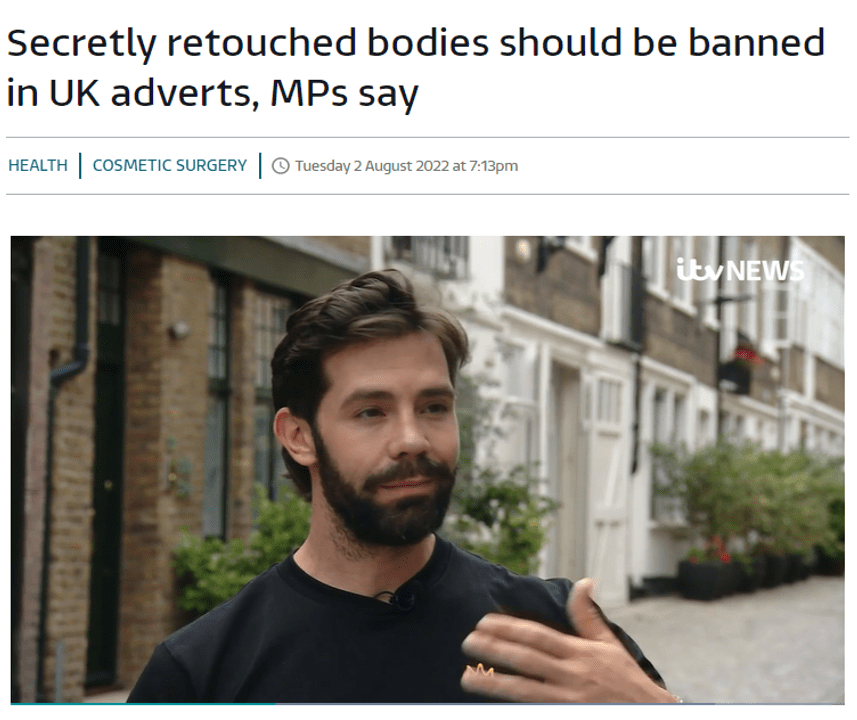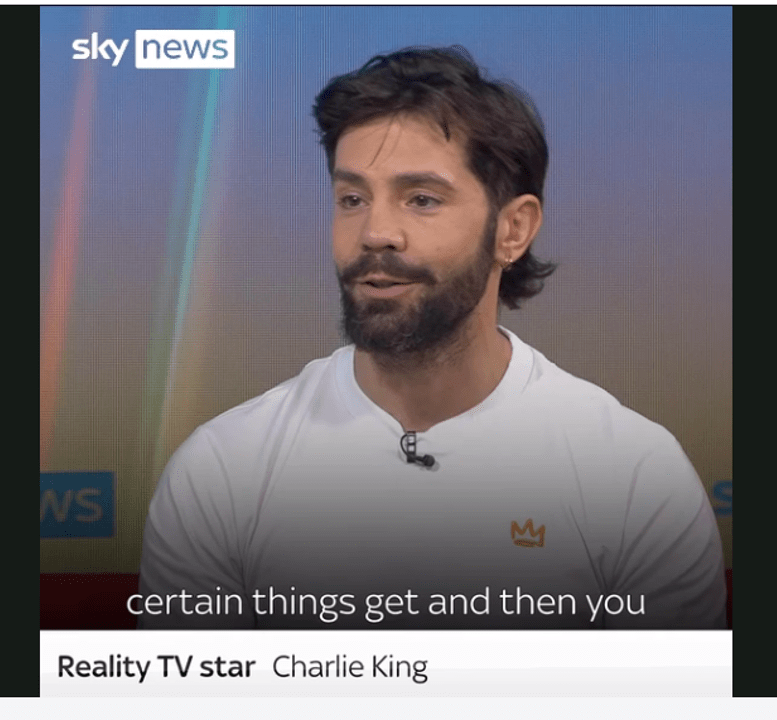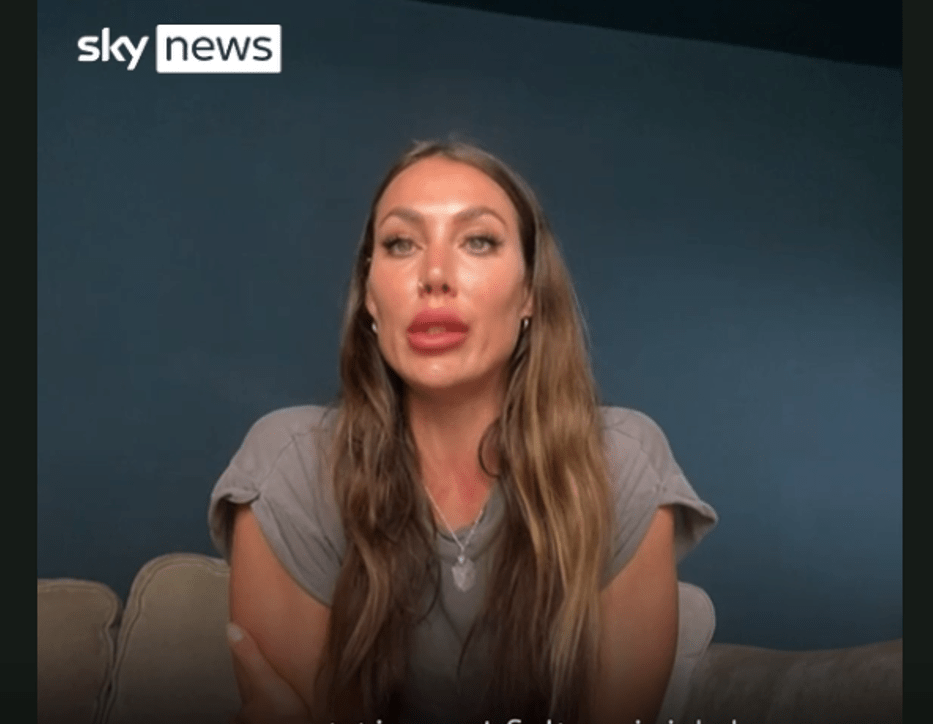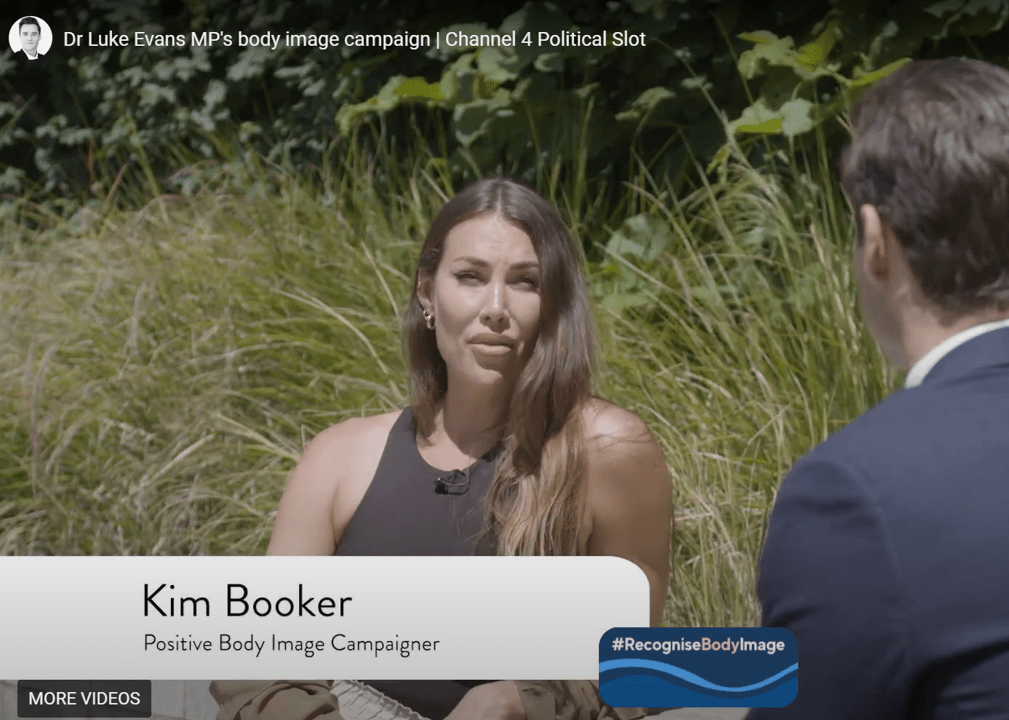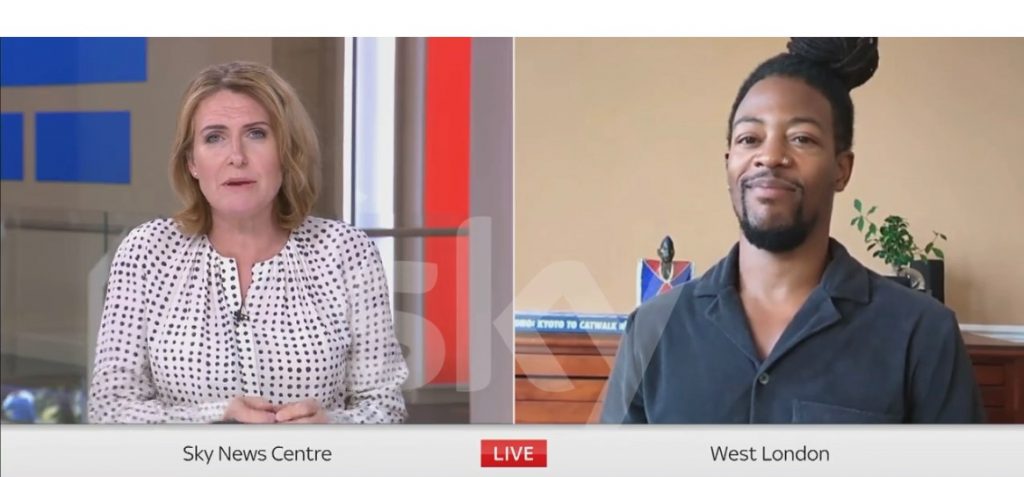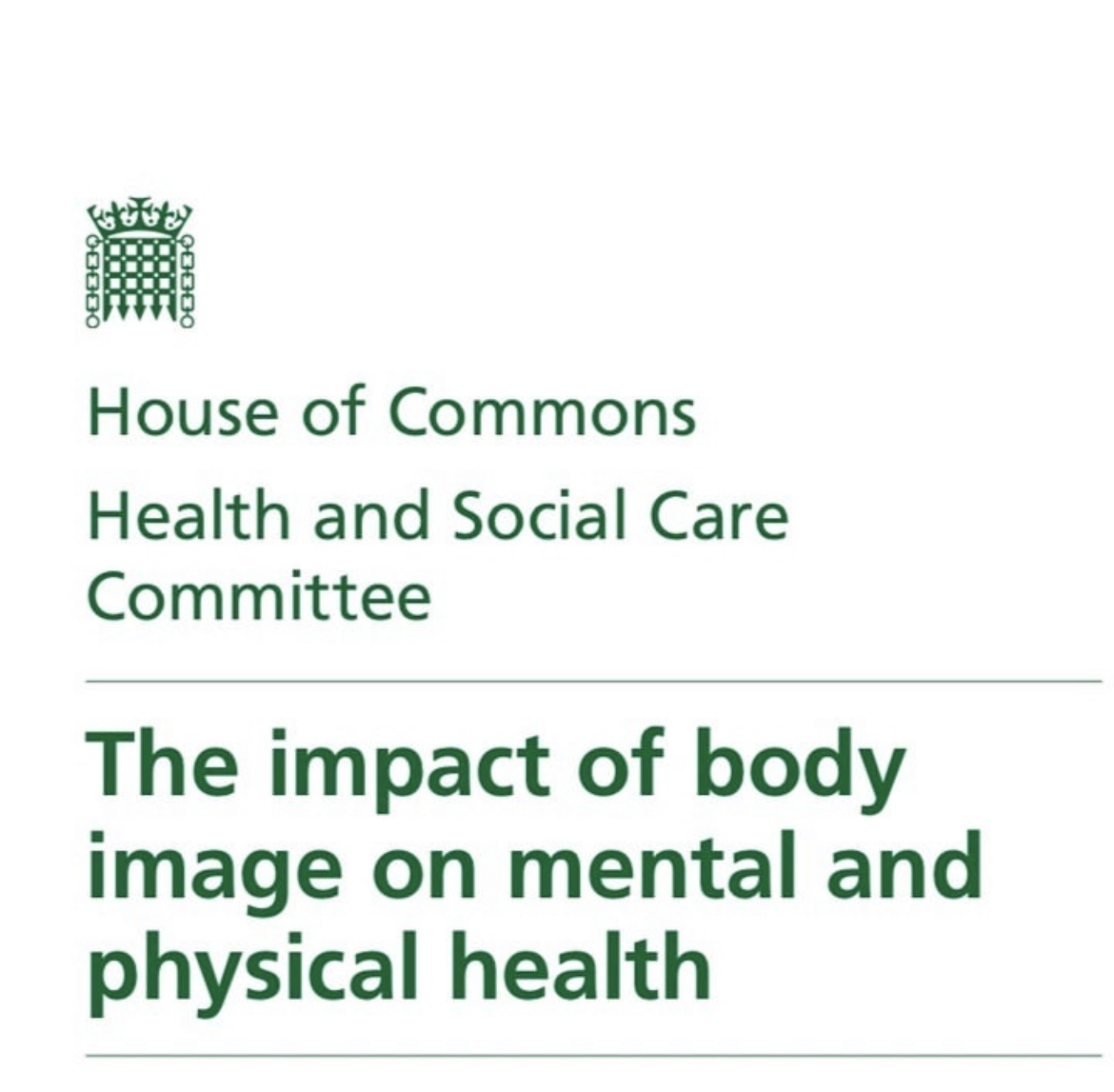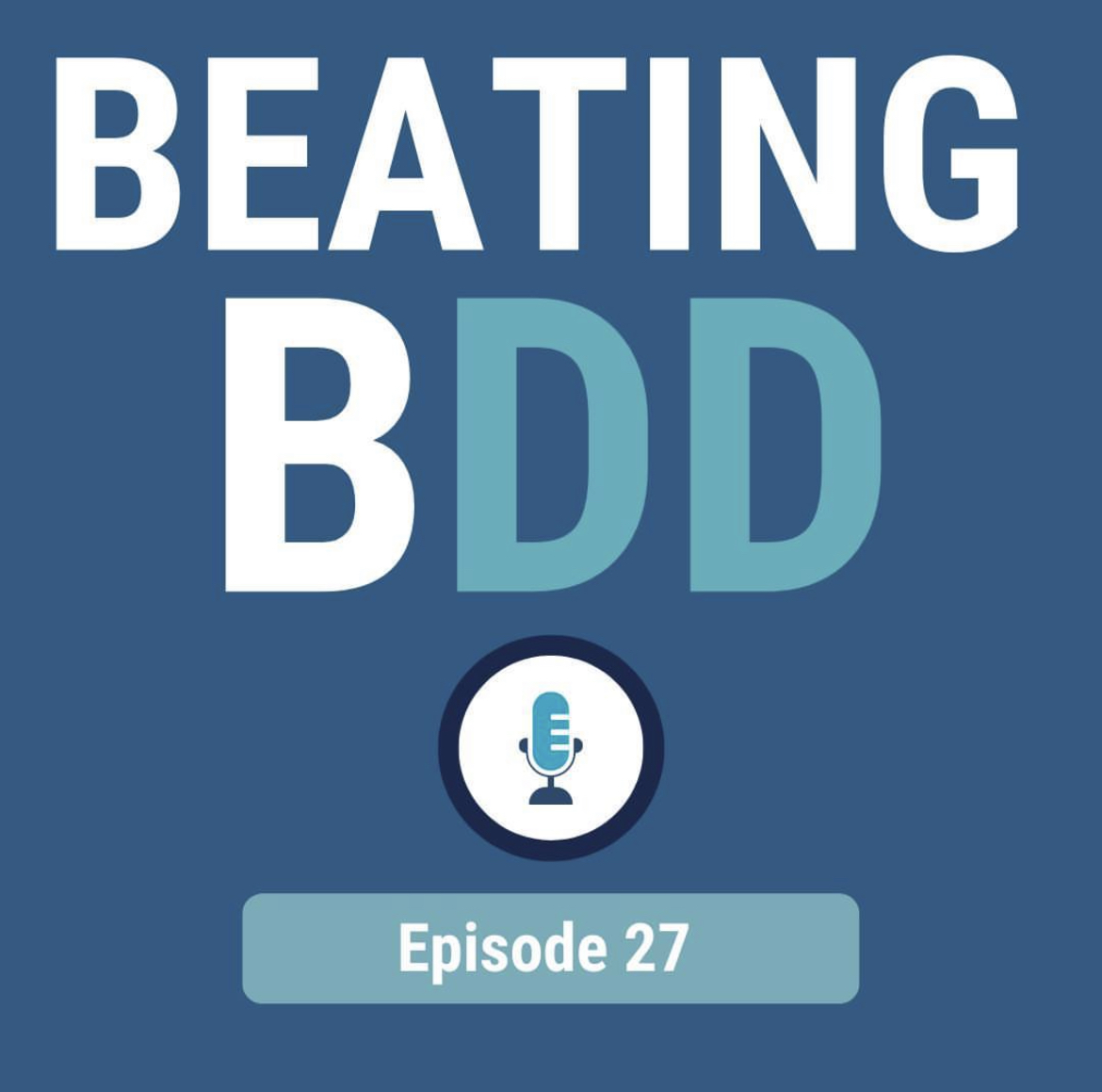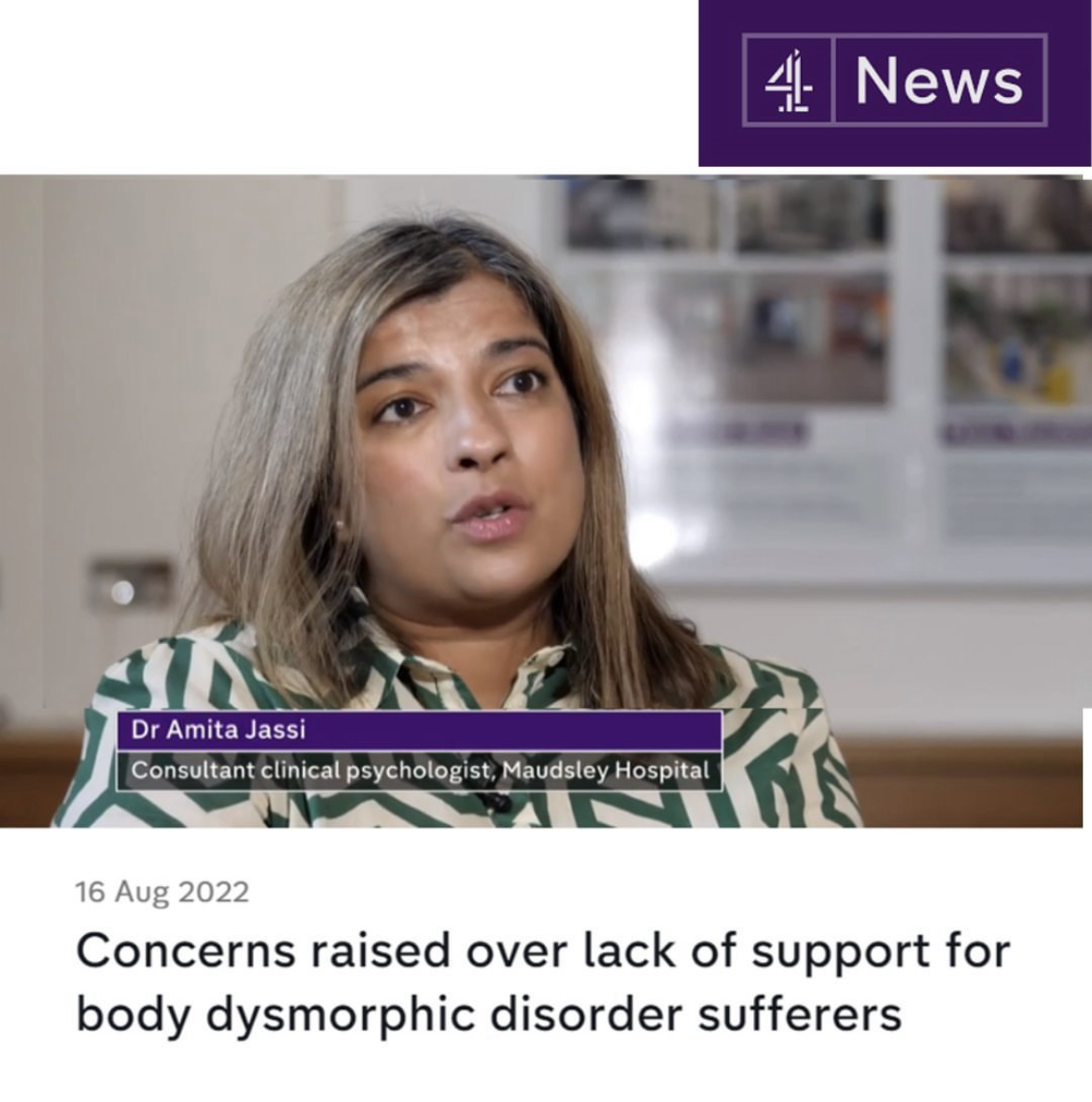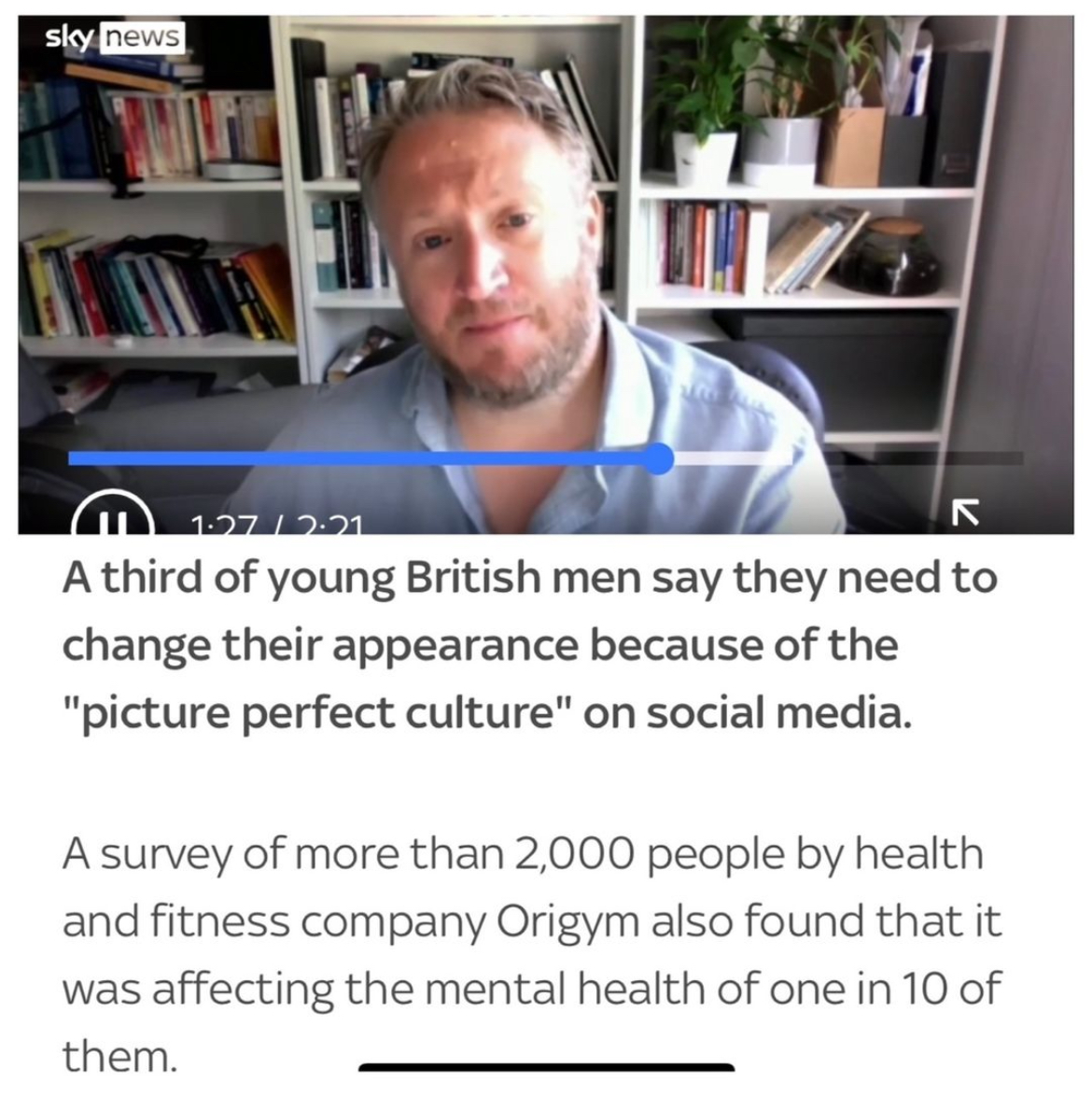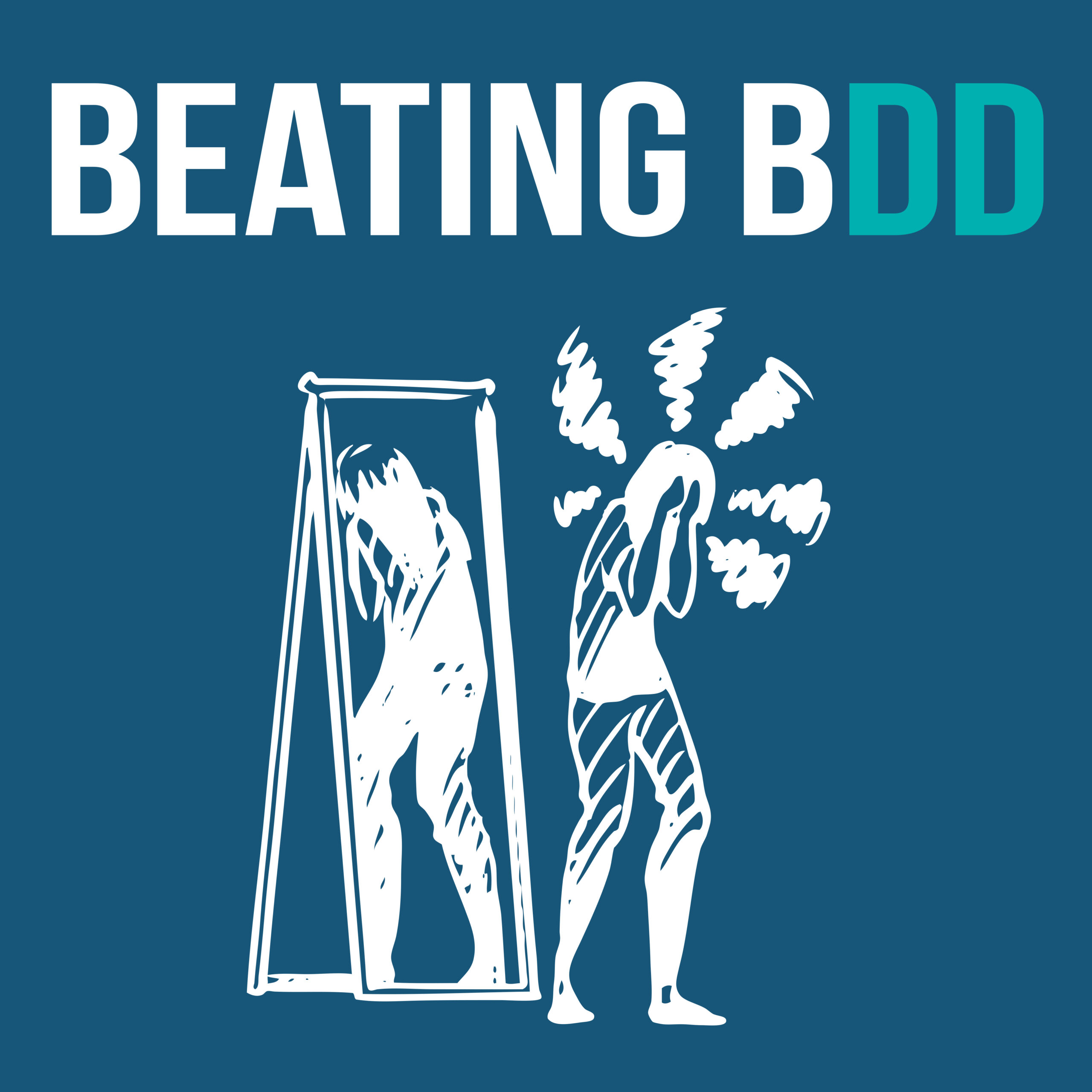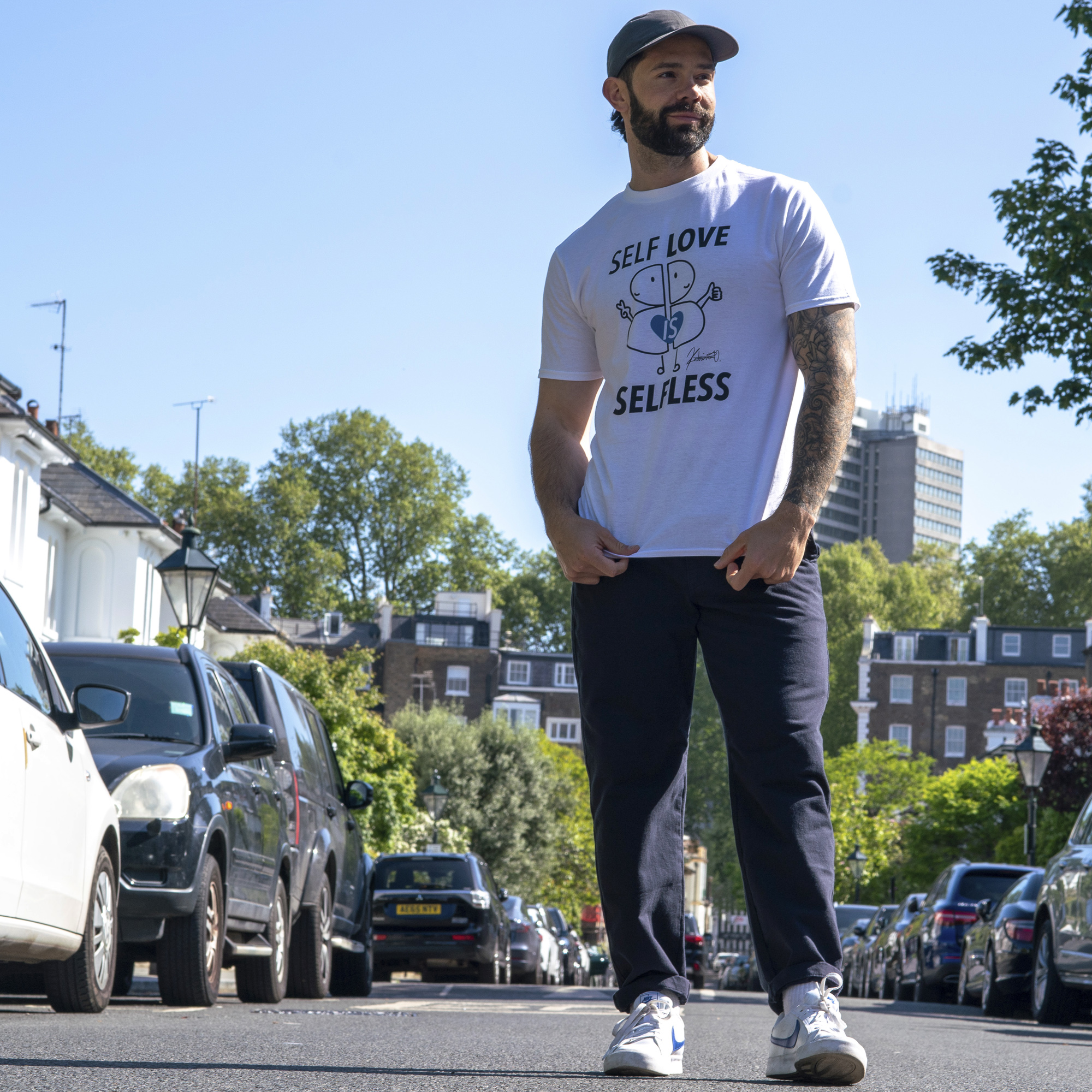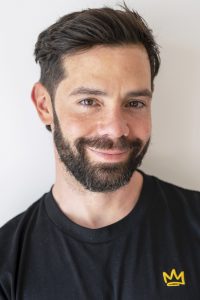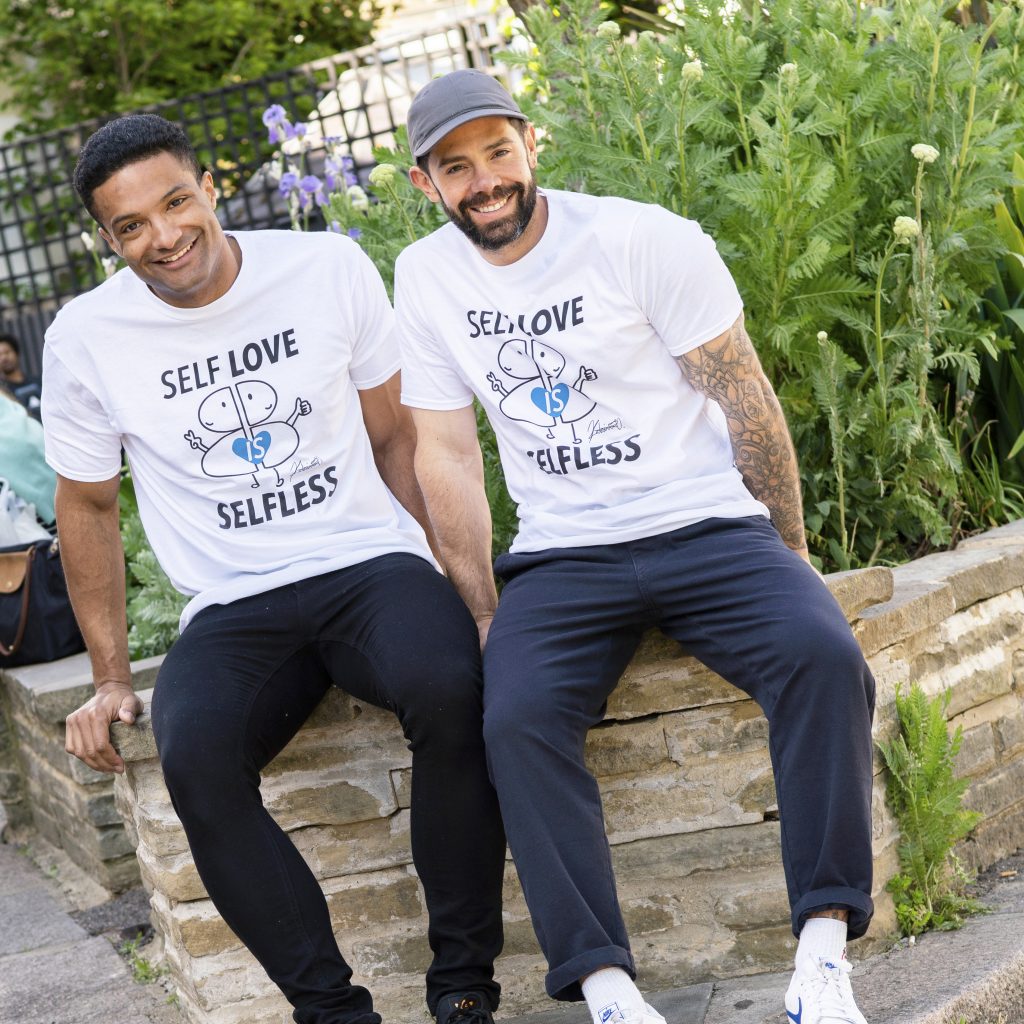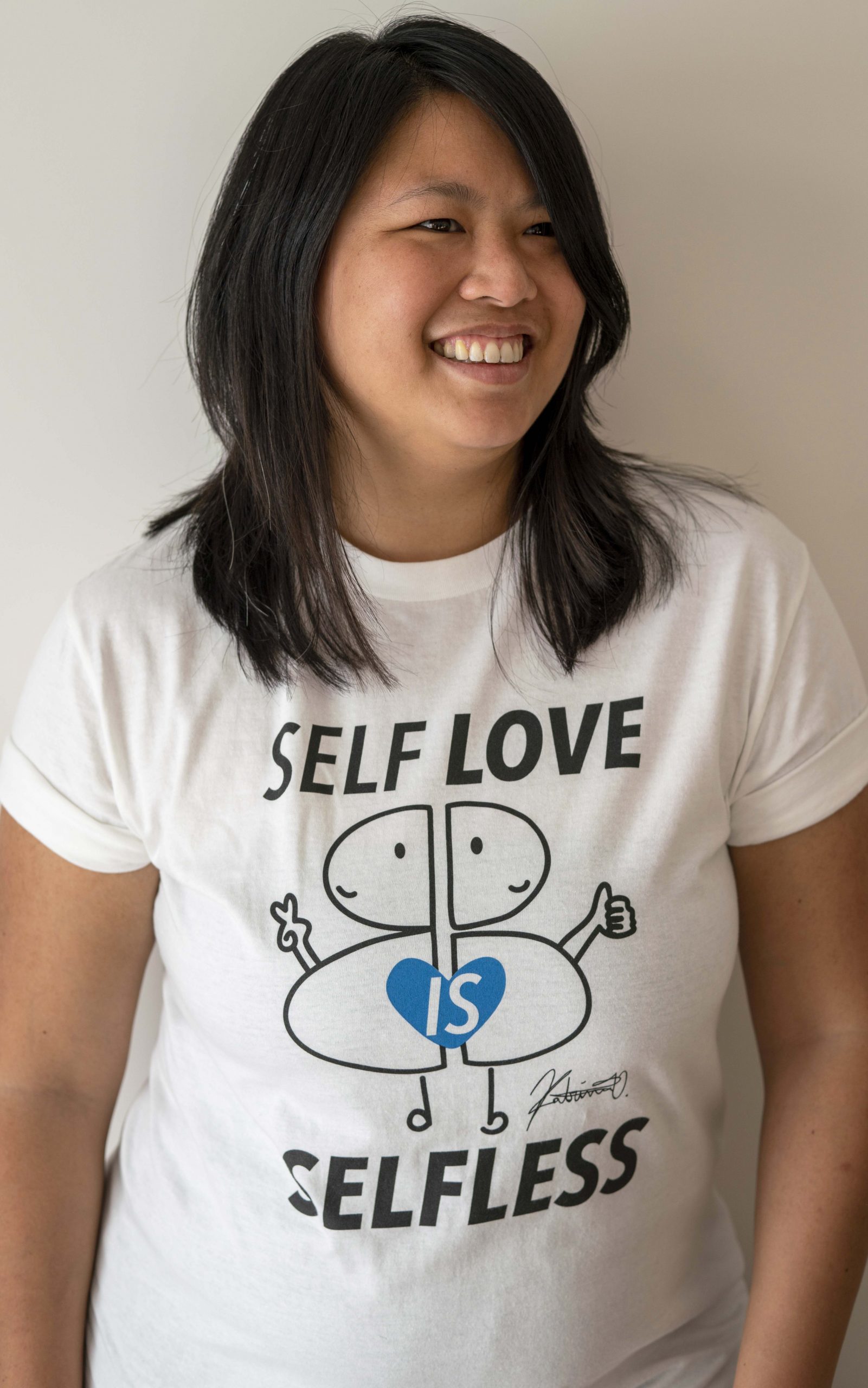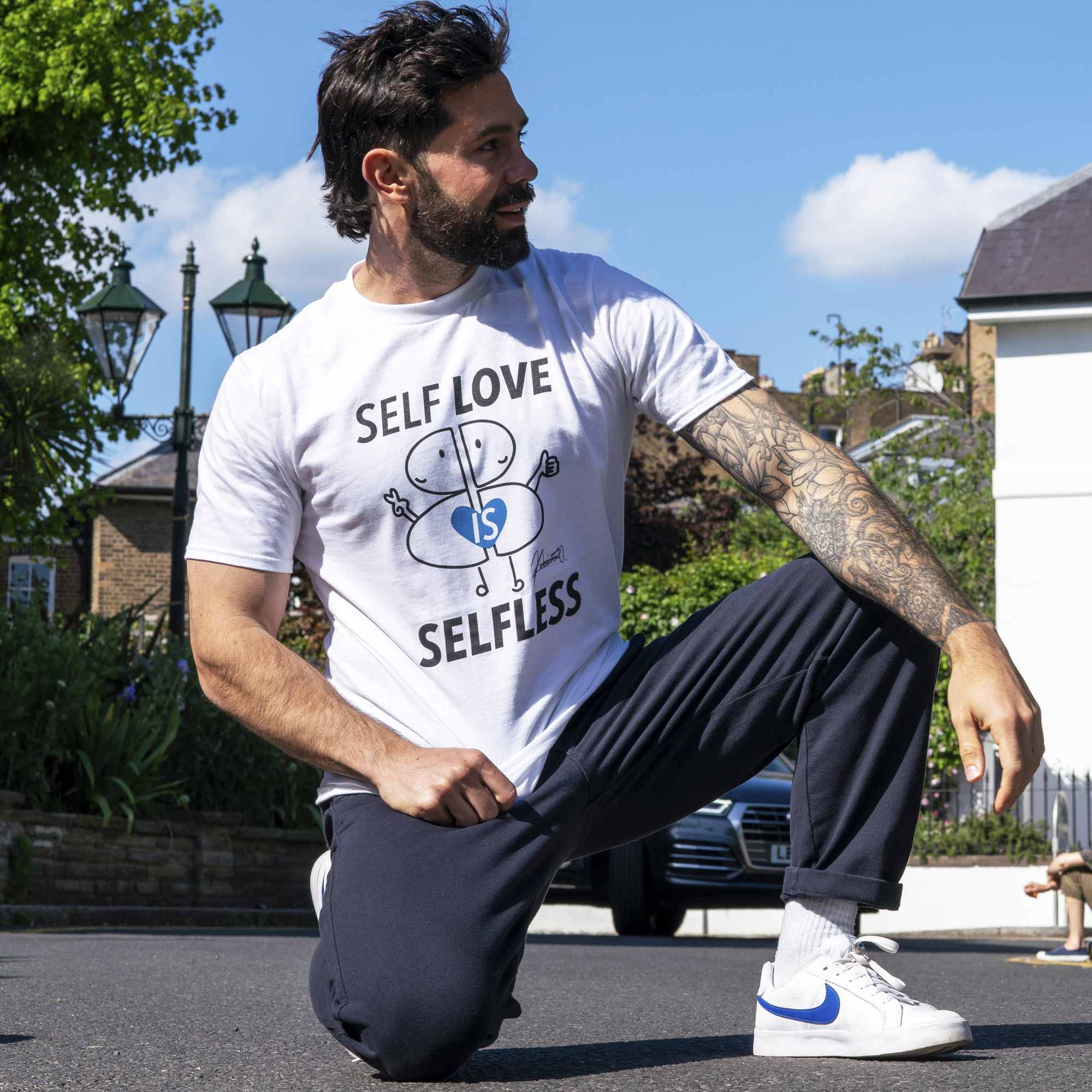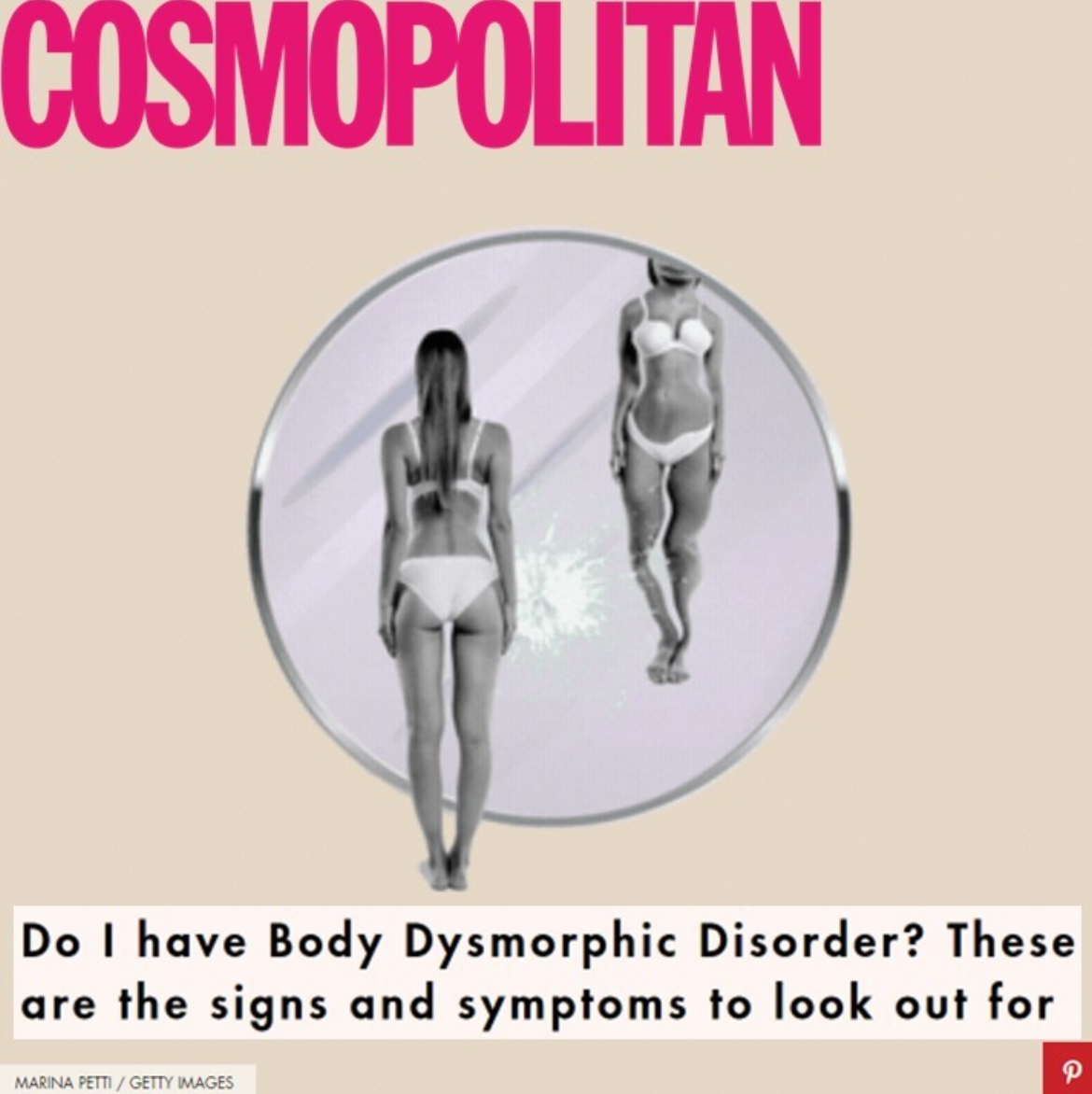The BDD Foundation has been campaigning hard for changes in policy and legislation to protect vulnerable individuals such as those with BDD. This has included our campaign with Monki and Change.org petition calling for transparency on altered images online, signing up to Dr Luke Evans ‘Body Image Pledge‘ calling for the same legislation and more recently submitting evidence to the Health and Social Care Committee’s inquiry into the impact of body image.
Video evidence that was given can be found here.
The BDD Foundation also submitted written evidence with the help of Dr Georgina Krebs.
The final report was released on Tuesday 2nd August and we are very pleased to say that Body Dysmorphic Disorder has it’s own section as well as specific recommendations to the Government.
Here’s what they said on BDD:
“We received much evidence detailing one of the conditions that can directly develop because of poor body image: Body Dysmorphic Disorder (BDD). The Body Dysmorphic Disorder Foundation described this disorder as: a mental health condition characterised by excessive preoccupation with perceived flaws in physical appearance. These flaws appear as very minimal or completely unobservable to others, but are a source of great distress to the BDD sufferer. People with BDD can be preoccupied with any aspect of their appearance, but the most common focus is facial features, such as eyes, teeth, nose, skin and hair. BDD differs from body image issues seen in other conditions such as eating disorders, which focus primarily on weight and shape.
Dr Georgina Krebs, a specialist in BDD, highlighted that BDD was previously thought to be rare, but recent studies have shown that about 2% of the general population experience BDD at any one point in time. She said that it is not known if BDD is becoming increasingly common over time, but this is plausible in the context of rising sociocultural pressures relating to appearance. It is known, however, that the prevalence of BDD is much higher in certain groups. For example, the Mental Health in Young People 2017 survey, commissioned by NHS Digital and conducted by the Office for National Statistics, found that more than one in 20 (5.6%) 17- to 19-year-old girls experience BDD.
We heard that the impact of BDD can be profound and that the disorder often leads to other mental health conditions, such as depression and substance misuse. Concerningly, rates of suicidality are also very high. Approximately one in four people with BDD attempt suicide, making it one of the highest risk of all mental health disorders.
We were told of the significant impact that BDD can have on how people function. Evidence shows that, among young people attending mental health services for BDD, one in three are out of school because of their appearance concerns. It is also common for young people with BDD to completely withdraw from social activities because of their appearance concerns, and even become housebound.
This echoes the experience of Kim Booker, one of our lived experience witnesses. She described how it felt to live with BDD:
“Rather than see myself as a whole, I see myself as fractured pieces. I home
in and zoom in on certain parts of myself and heavily criticise parts that
I see as flaws. When I have really bad flare-ups, it can take up about 80%
of my mind capacity. It is all I can think about. For instance, when I want
to change certain features of my face, I am constantly thinking about how
I am going to change it. I feel ugly. I do not like people looking at certain
sides of my face. Sometimes I do not want to leave the house. It is in the
category of OCD; it is a compulsive disorder. We ruminate and cannot stop
seeing the flaws, even though other people probably cannot see them.”
As with Kim, we were told that BDD typically emerges during adolescence and that it is essential that the disorder is recognised and treated early to avert the potentially devastating impact that it can have at this crucial developmental period.
Most worryingly, the BDD Foundation estimated that 85% of individuals with BDD do not receive an accurate diagnosis, due both to sufferers being reluctant to seek help and to healthcare professionals lacking adequate knowledge about the condition. We are concerned at the lack of resource being directed toward the treatment of those suffering, many unknowingly, with BDD.“
Their recommendations to the Government:
“We urge the Department to ensure more is done to make the diagnosis and treatment of Body Dysmorphic Disorder (BDD) a priority. From a diagnostic perspective, we recommend that Health Education England update the IAPT (Improving Access to Psychological Therapies) and EMHP (Educational Mental Health Practitioner) curricula to make training in BDD compulsory for all mental health practitioners. The Government should ensure BDD is included in the PSHE (personal, social, health and economic) education curricula within the section on body image, to promote early detection and early intervention within schools. As well as improved diagnosis rates, suitable care for those living with BDD must be available. We recommend that BDD specialist practitioners are eventually embedded into the multidisciplinary teams in every new community model for adults severely affected by mental illness.
We call on the Government to better equip future generations and their families with the skills and resources required to tackle body image issues. These skills and resources include critical thinking, particularly when it comes to appraising images, and self-worth. We recommend that the Government explores the use of family hubs as a route to educate parents and young people about body image, self-worth, and body positivity.
We commend the Government’s work to date to introduce Education Mental Health Practitioners within school-based Mental Health Support Teams across the country, as well as the commitment to have a Mental Health Lead teacher in schools. We recommend that the Government review the training of these practitioners to ensure it includes spotting early signs of conditions related to body image issues. We ask the Government to provide us with a further update on their progress in introducing these roles and to set out the timeframe for establishing them in every school in England.”
Muscle Dysmorphia also received it’s own section with recommendations around steroid use:
“Another condition that has serious physical health implications is muscle dysmorphia, a subtype of BDD characterised by the preoccupation with the idea that one’s body is not sufficiently lean and muscular. Chris Bell and Dr Charlotte Kerner from Brunel University told us that what can appear to be simply a high drive for muscularity in men and women can result in several potentially deleterious health consequences such as dietary restraint and binge eating practices, depression, anxiety, low self-esteem, perfectionism and steroid/supplement use.
We recommend that the Department commissions a national review of the growing use of anabolic steroids in England as it relates to body image. We further recommend that the Department introduces a national awareness campaign around safe anabolic steroid use. This ought to be coordinated through existing steroid user support groups and targeted at areas of highest risk, such as gyms with a high proportion of body builders.”
In line with our Change.org petition the report also recommended the following legislation on social media:
“We call on the Government to work with advertisers to feature a wider variety of body aesthetics, and work with industry and the ASA to encourage advertisers and influencers not to doctor their images. We believe the Government should introduce legislation that ensures commercial images are labelled with a logo where any part of the body, including its proportions and skin tone, are digitally altered.”
In their conclusions and recommendations BDD is high on their list at No3:
“We urge the Department to ensure more is done to make the diagnosis and treatment of Body Dysmorphic Disorder (BDD) a priority. From a diagnostic perspective, we recommend that Health Education England update the IAPT (Improving Access to Psychological Therapies) and EMHP (Educational Mental Health Practitioner) curricula to make training in BDD compulsory for all mental health practitioners. The Government should ensure BDD is included in the PSHE (personal, social, health and economic) education curricula within the section on body image, to promote early detection and early intervention within schools. As well as improved diagnosis rates, suitable care for those living with BDD must be available. We recommend that BDD specialist practitioners are eventually embedded into the multidisciplinary teams in every new community model for adults severely affected by mental illness.”
More stories from the community
